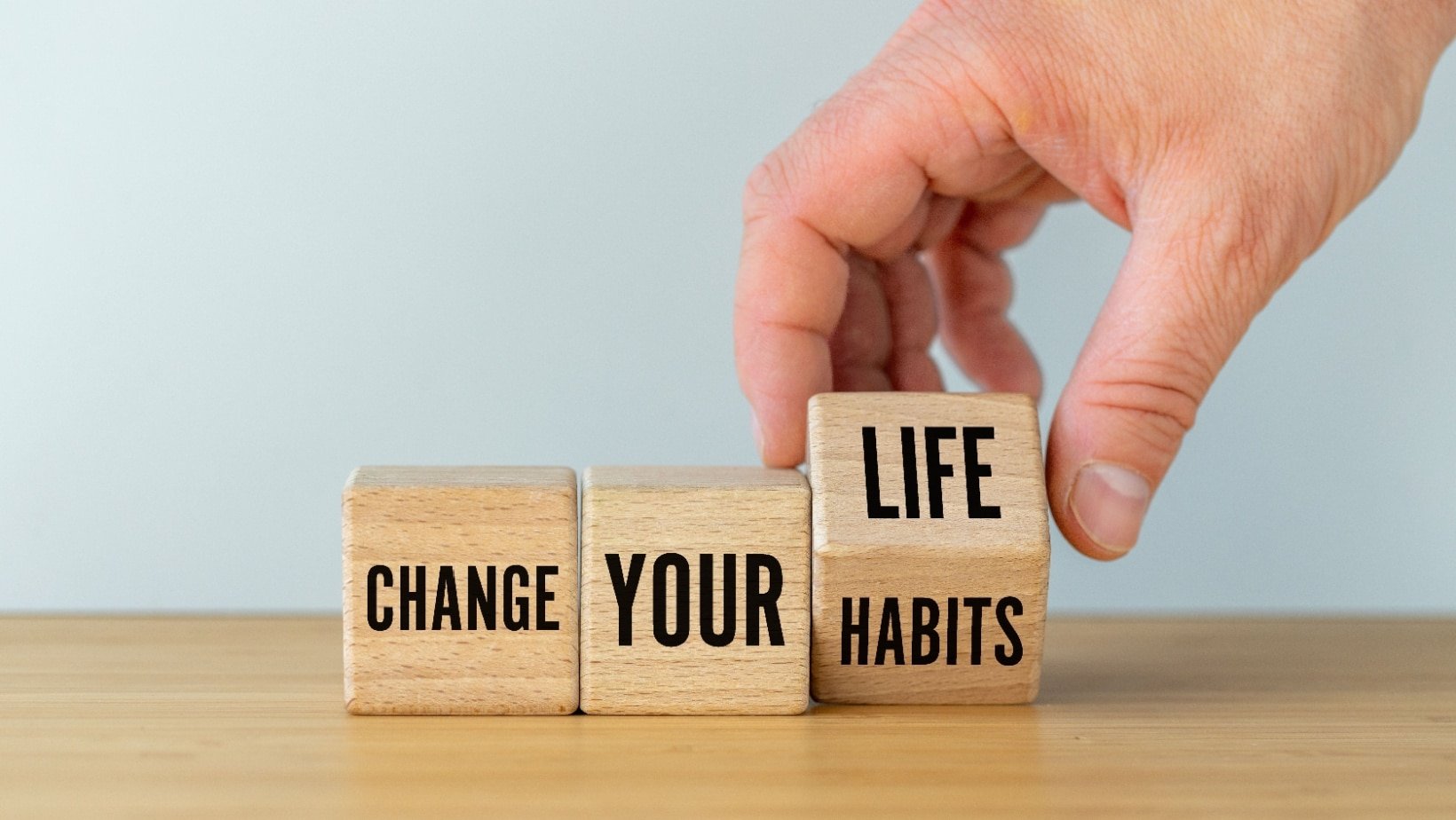Loneliness can be an invisible burden, particularly as we age. It doesn’t always look like sadness or crying alone. Instead, it often manifests quietly through subtle changes in behavior that may be mistaken for personal preferences or personality traits.
For women, societal and psychological factors often play a significant role in shaping their experiences, making them particularly vulnerable to extended periods of loneliness in later life. Dr. Gayle MacBride, Ph.D., LP, a psychologist with Veritas Psychology Partners, emphasizes the profound impact loneliness can have, stating, “Loneliness has very real and significant effects on mental and physical health, social support systems, and even lifespan.” He further explains that loneliness is linked to increased anxiety, depression, sleep disturbances, elevated cortisol levels, worsening chronic conditions, and greater challenges in recovering from health events.
The National Institutes of Health reports that nearly one-quarter (24%) of community-dwelling Americans aged 65 and older are classified as socially isolated. Additionally, a substantial number of adults in the United States report feelings of loneliness, affecting 35% of those aged 45 and older and 43% of those aged 60 and above.
Psychologists have studied specific behaviors in women that may indicate an increased risk of loneliness as they age. Here are 12 key behaviors to be aware of.
Social Isolation

According to the World Health Organization, 1 in 4 older people experience social isolation. Declining invitations, withdrawing from social activities, or struggling to find spaces for connection are major red flags. Women experiencing isolation may not seek opportunities to socialize, and over time, they may find themselves excluded from gatherings they once enjoyed.
Dr. Michele Goldman of the Hope for Depression Research Foundation observes, “This feeling of being left out or not included can certainly lead to feeling lonely.”
Excessive Busyness

Does work dominate extended hours without a pause for meaningful connection? Filling one’s schedule with endless responsibilities can be a subtle way to avoid certain tasks. By hiding behind “being busy,” some women evade addressing deeper voids in their social lives.
Psychologist Gayle MacBride explains that while busyness creates an illusion of productivity, it rarely provides emotional support or meaningful relationships.
Prioritizing Quantity Over Quality in Relationships

Some women focus on building many acquaintances but neglect forming deeper, more meaningful connections. This approach often creates the illusion of social connection.
However, these interactions can lack genuine emotional intimacy. A study by the National Institutes of Health found that the quality of social relationships, such as closeness and perceived social support, was more strongly associated with reduced loneliness than the sheer number of relationships.
Without meaningful bonds, feelings of loneliness can develop. True connection requires more than surface-level relationships.
Over-Accommodating Others

People-pleasing might seem like a way to keep relationships strong by making others happy. However, it often requires sacrificing your true self. As time passes, this behavior can lead to significant emotional exhaustion.
Instead of strengthening connections, it can create distance. Ironically, trying to please everyone can leave you feeling more isolated.
Excessive Positivity

When women hide their true feelings behind a constant façade of cheerfulness, their social circles can shrink. Suppressing sadness or frustration often creates emotional distance.
Dr. Colleen Mullen, PsyD, LMFT, tells Verywell Mind that, “The reasons we sometimes—or most times—bottle up our emotions can vary, but they all seem to stem from a fear of vulnerability. Out of this fear, we react through self-protective emotional measures.”
Positivity may seem inviting at first, but it can feel inauthentic to others. This disconnect can make it harder to form genuine connections. Authenticity is key to building stronger, more meaningful relationships.
Harsh Self-Criticism

Unrealistic self-standards can significantly harm a woman’s confidence. Negative self-talk often reinforces these harmful expectations. Together, they create a cycle of self-criticism that is difficult to break.
This cycle damages self-esteem and also discourages women from seeking support. Over time, it can lead to feelings of isolation and disconnection from others.
Excessive Self-Reliance

Independence is often seen as a positive trait. However, extreme self-sufficiency can sometimes signal a reluctance to share vulnerabilities. Some women may avoid asking for help as a way to protect themselves.
According to Verywell Mind, hyper-independence is often a trauma response, particularly stemming from childhood neglect or abuse. Individuals may develop this coping mechanism to protect themselves from perceived vulnerabilities, which can lead to challenges in forming trusting relationships and seeking support.
Overuse of Digital Distractions

Social media can often replace real-life interactions. Crown Counselling reports that the average American spends 7 hours and 3 minutes looking at a screen each day.
Binge-watching may feel like a comforting escape. Constant scrolling also gives the illusion of connection. However, these activities often increase feelings of disconnection. Instead of helping, they can leave people feeling more isolated.
Remaining in Unhealthy Relationships

Some women stay in toxic relationships out of fear of deeper isolation. Psychology Today reports that a significant number of individuals report that the fear of being alone is a primary reason for staying in unhealthy relationships. The dynamics of these relationships can be emotionally draining. However, the idea of being alone often feels more overwhelming than staying.
The security of having companionship can seem like the lesser of two evils. This fear makes it difficult to leave, even when the relationship is unhealthy.
Dwelling on the Past

Reflecting on “the good old days” can often turn into a coping mechanism. For some women, this habit may prevent them from exploring new social connections. It creates a barrier to experiencing fresh opportunities.
Instead of fostering growth, it reinforces a sense of stagnation. Breaking this cycle is key to embracing change and moving forward.
Neglecting Self-Care Declining Invitations

Women feeling lonely often decline invitations to social gatherings. They might say they’re too tired or too busy to attend. However, the real reason could be a fear of rejection.
Anxiety about reconnecting with others may also play a role. These emotions can make it difficult to re-enter social circles, further contributing to isolation and its associated health risks.
A study by JAMA Network found that social isolation and loneliness were associated with an 8.0% and 5.0% higher risk for incident Cardiovascular Disease, highlighting how these feelings can affect mental health and also physical well-being.
Neglecting Self-Care

When someone stops caring about basic grooming, it can be a sign of low self-esteem. Losing interest in enjoyable activities may also indicate hidden loneliness. These changes in behavior shouldn’t be ignored.
They often serve as a silent cry for help. Offering support can make a big difference in such situations.
Key Takeaways

Loneliness is not just an emotional issue; it is a global health concern, especially for women. Sociocultural and life-stage factors significantly shape women’s experiences of loneliness. Globally, between 25% and 50% of women aged 60 and older report feeling lonely.
Life transitions such as widowhood, retirement, or children leaving home often have a profound emotional impact on women, leading to isolation. Additionally, older women experience loneliness at higher rates than men, partly due to societal roles and expectations that discourage seeking help or building new relationships.
Disclaimer – This list is solely the author’s opinion based on research and publicly available information. It is not intended to be professional advice.
12 Kitchen Hacks You May Not Know

12 Kitchen Hacks You May Not Know
Sometimes, preparing meals and just dealing with food can feel like a bore and a chore, or just plain frustrating! We’ve got the best food hacks to pass down to you to get you in and out of the kitchen fast. Not more drudgery, and dare we say it, some of these hacks are kind of fun. Save money, too. Win-win!
Do you have a kitchen hack we should know about?
5 Easy Steps to Change Any Habit

5 Easy Steps to Change Any Habit
We all click on them with the hope that just THIS time the secret to changing a bad habit or adopting a healthy one will be revealed and we’ll finally be able to stick to that diet, stop that one or ten things that might in the moment make us feel temporarily good but really just make us fat, unhealthy, sad, mad or just frustrated with ourselves.
Well… this isn’t one of those articles. I don’t have 5 easy steps to help you change your habits….





